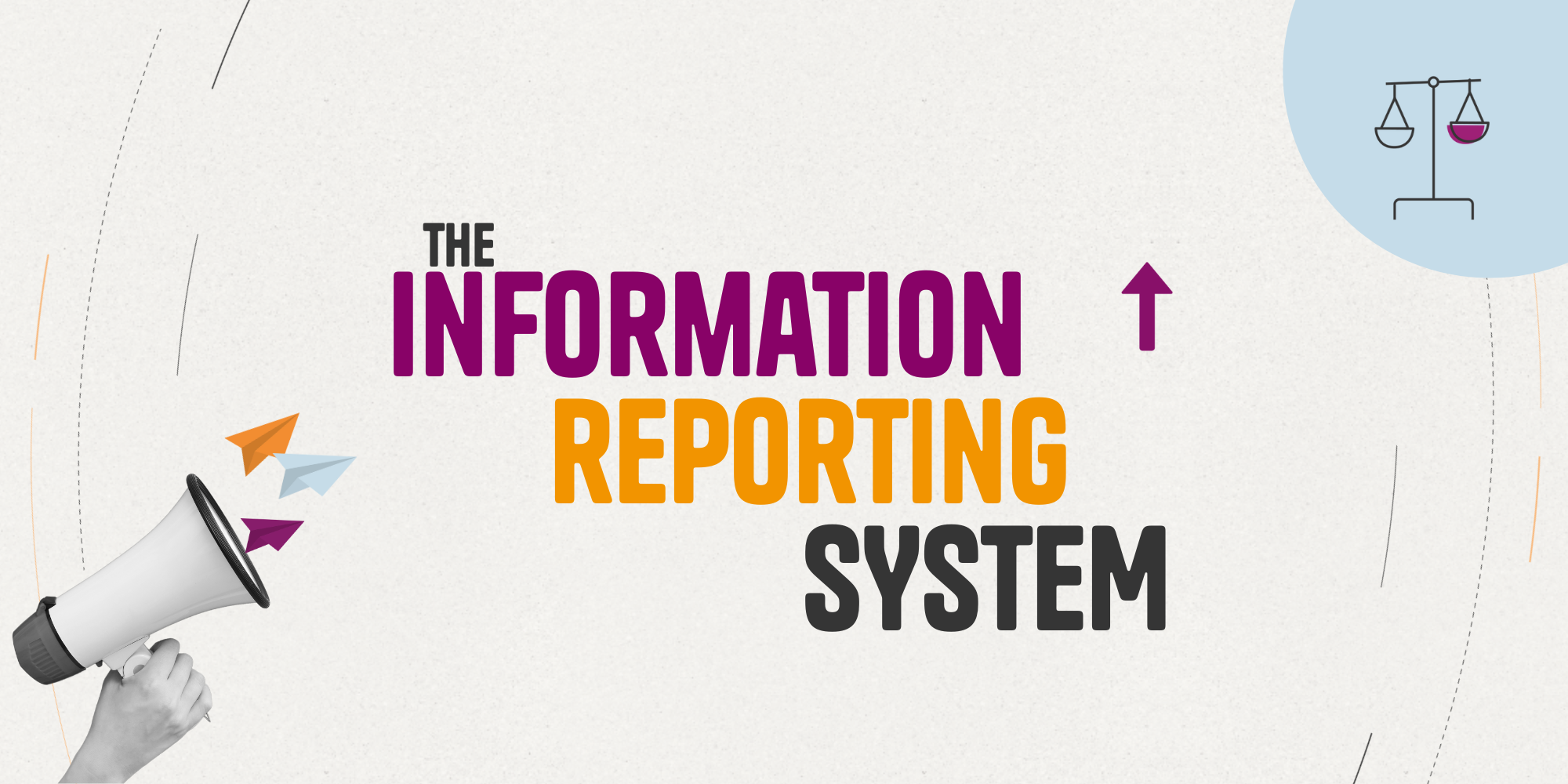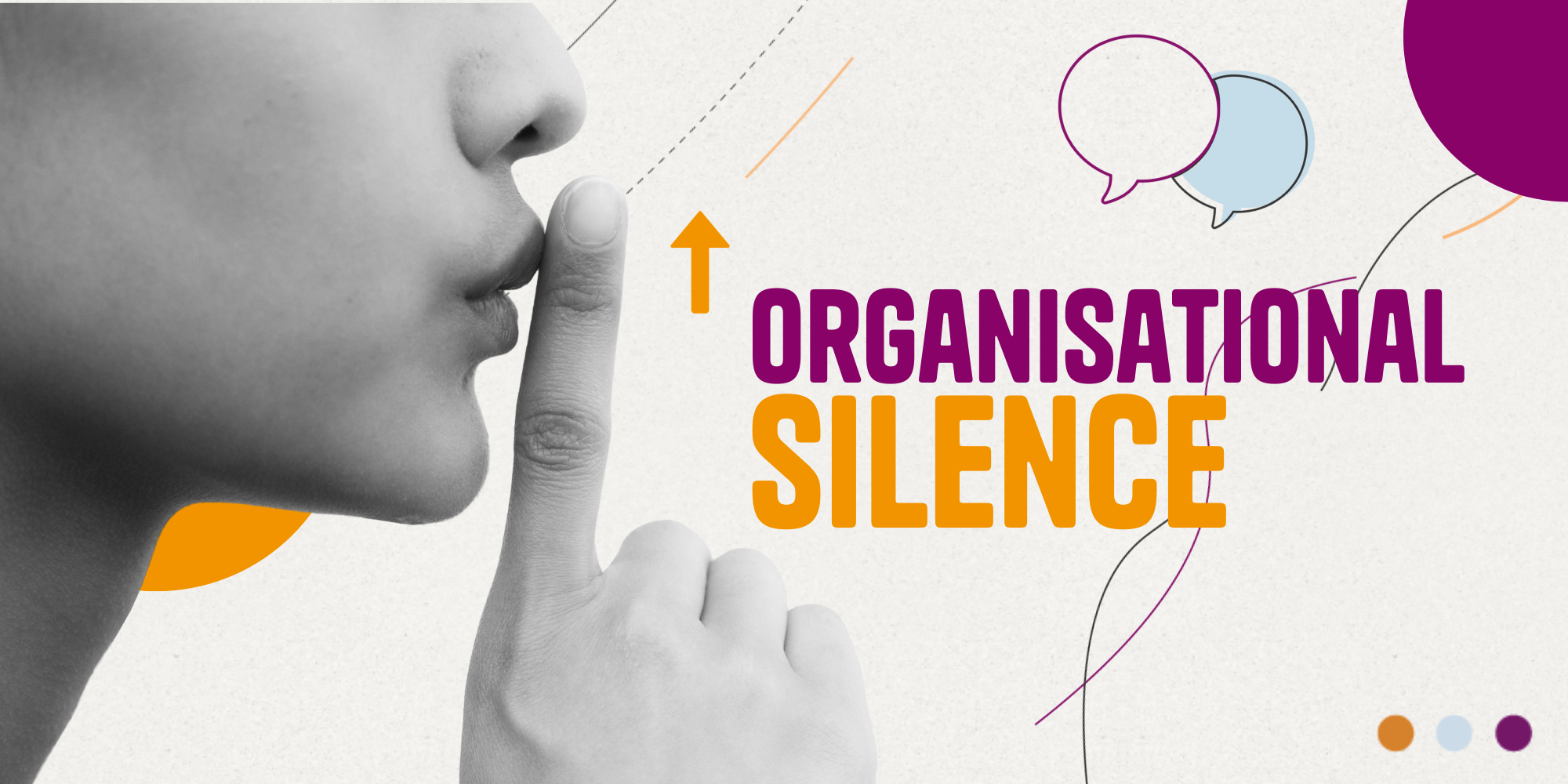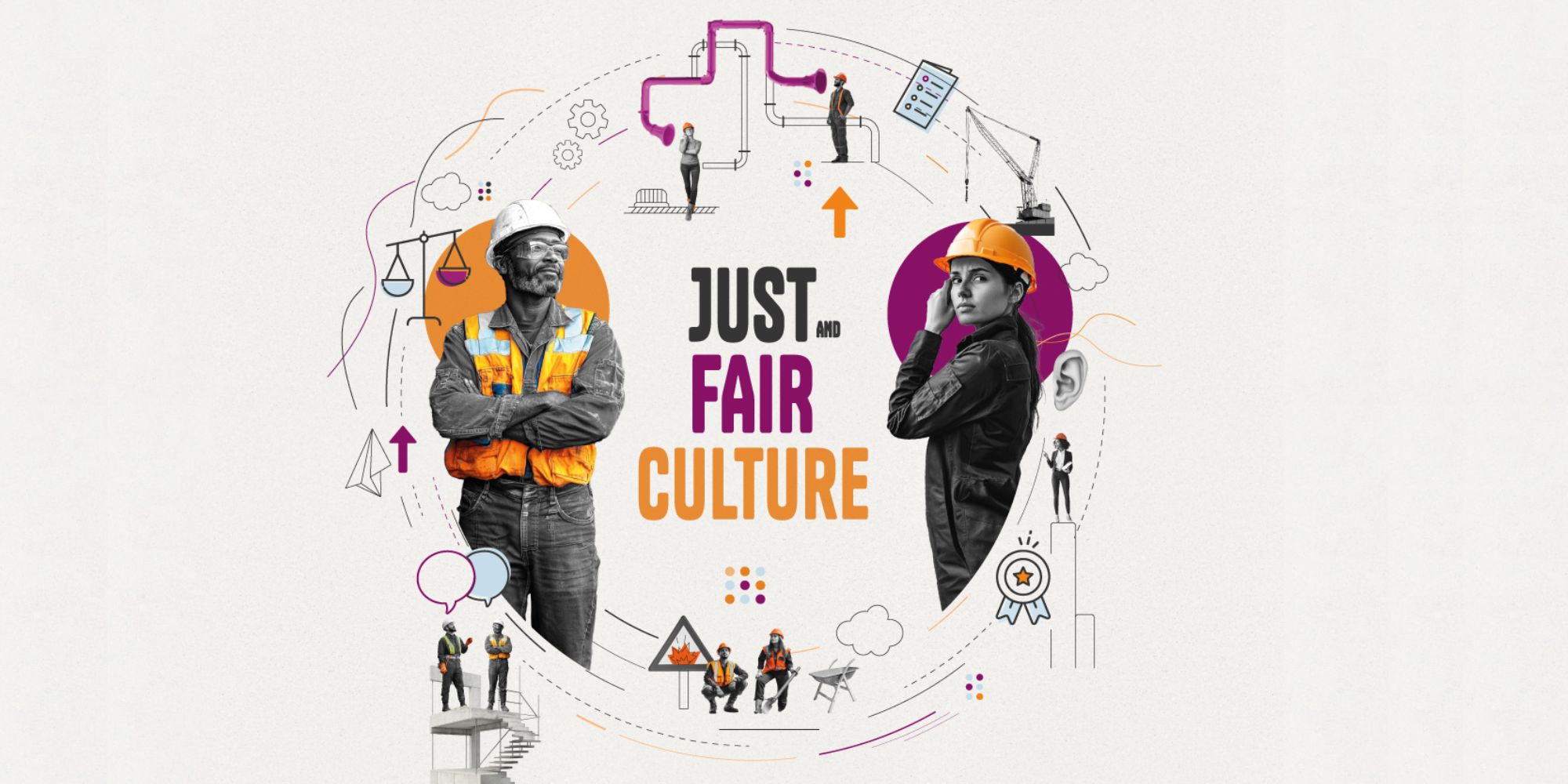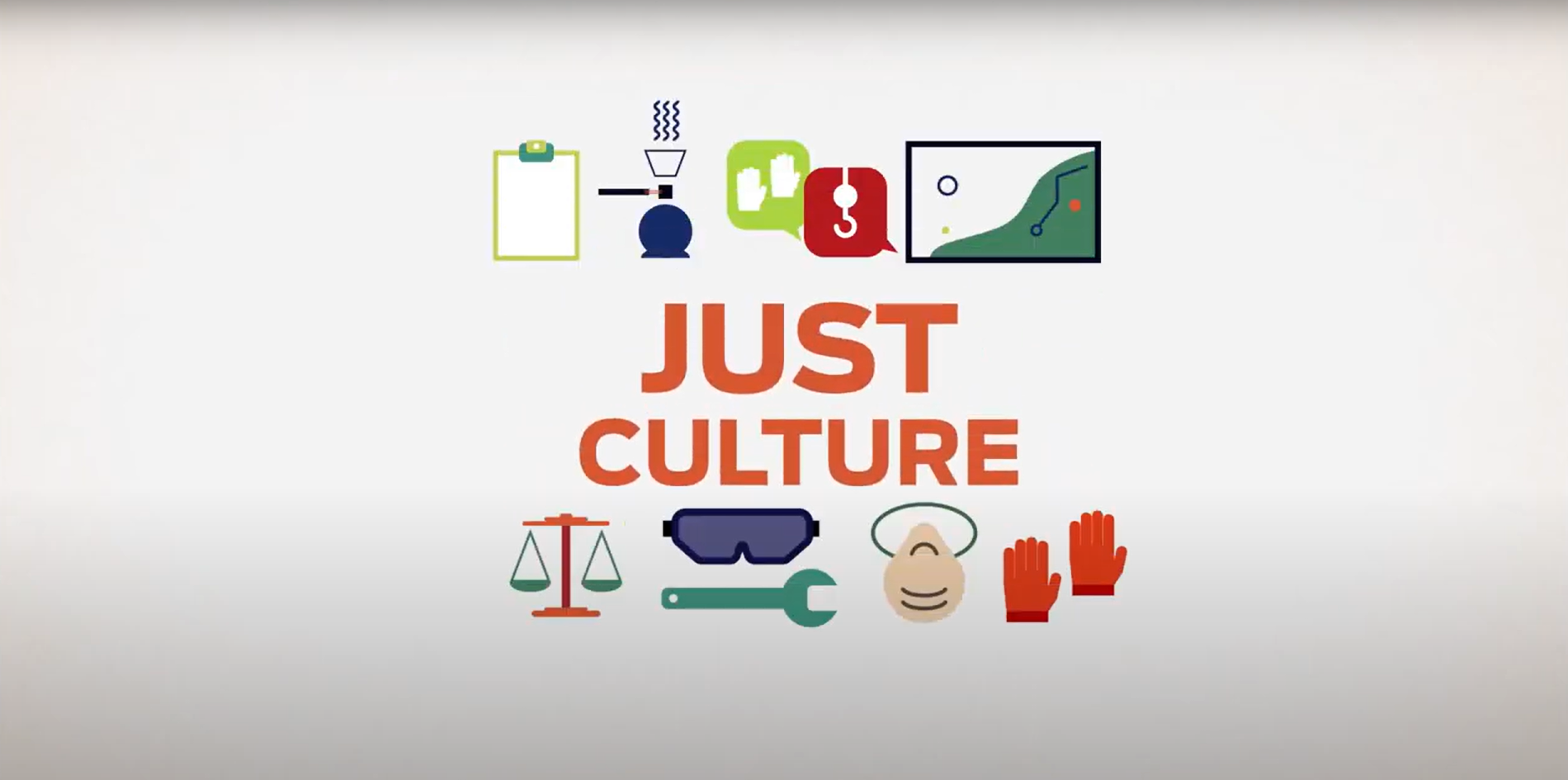A fair and just culture
Workers in the field are an invaluable source of safety information. But getting this information to the right person in the hierarchy, so that it can be analyzed and processed, is a key challenge: this is where the development of a fair and just culture plays a role. The aim is to create a climate of trust and transparency that encourages workers to speak freely, and report information.
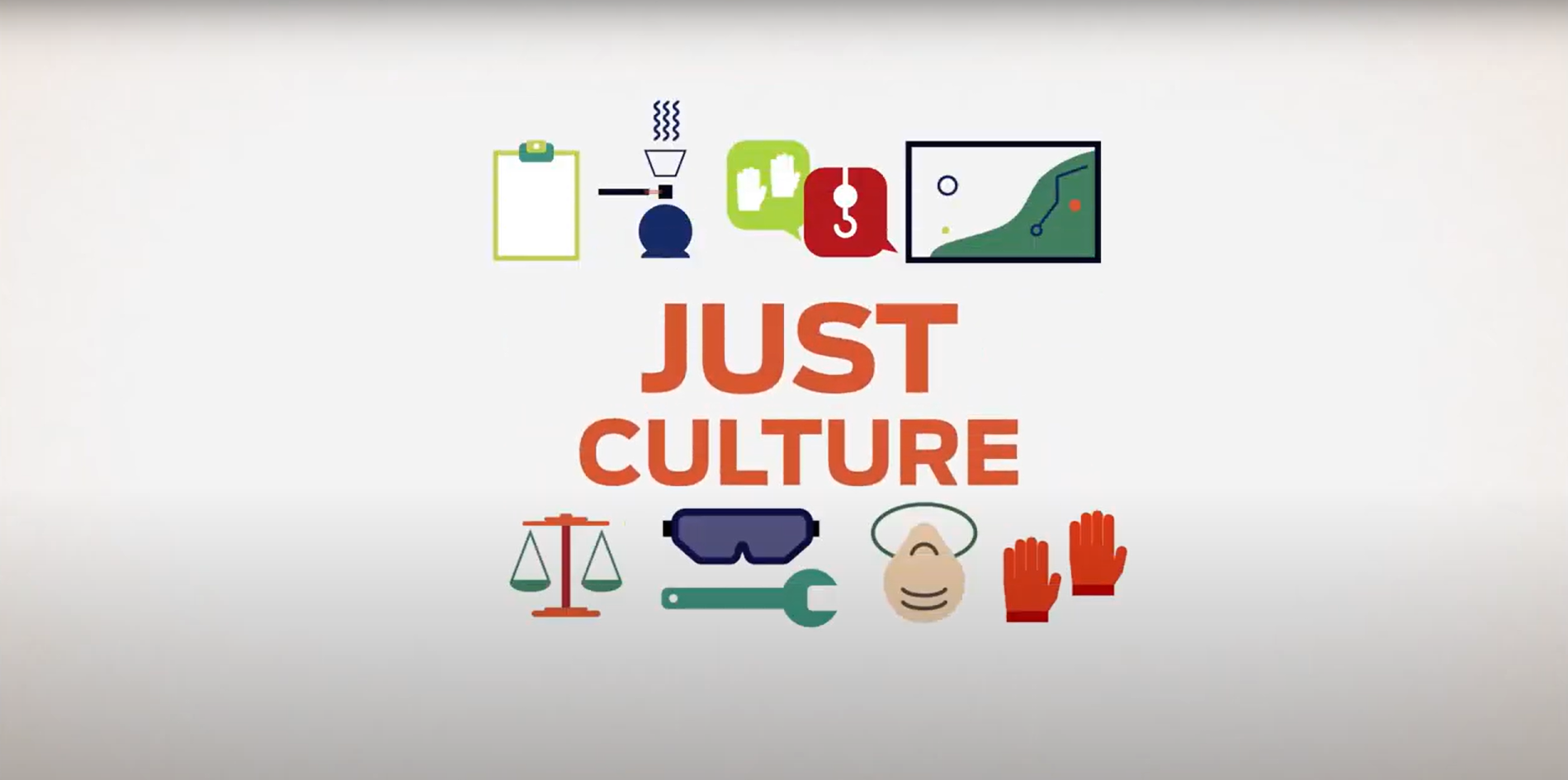 just culture
just culture

| Why is a fair and just culture important? |
When it comes to safety, having detailed knowledge of what is actually happening in the field is a requirement to make progress. Information is key: anomalies, malfunctions, degrading situations... not to mention best practices, success stories, the solutions that teams working in the field find to adapt to unexpected events, or manage a degraded situation.
But to make this happen, we need to create the right conditions! Transparency, trust, cooperation, fairness... in short, a fair and just culture that:
- recognizes and values positive and proactive safety behavior,
- encourages feedback, including reporting errors and deviations from the rules,
- establishes fair and just managerial responses to unwanted events,
- has clear red lines: dangerous and unacceptable behavior and practices... of course, they happen, but fortunately, not very often.
What is a fair and just culture? 
Definition: A fair and just culture supports the feedback of safety-relevant information, by creating a climate of trust and transparency, which is needed to encourage people to speak freely.
How to combat organisational silence?
Organisational silence refers to situations where critical safety information is available at the operational level but does not get reported and, therefore, cannot be analysed and addressed. How can we combat organisational silence?
What information reporting system should organizations use?
The reporting and handling of information fosters continuous improvement in preventing the most serious risks and in enhancing work quality.But what reporting and handling system should be put in place to promote a smooth flow of critical safety information?





